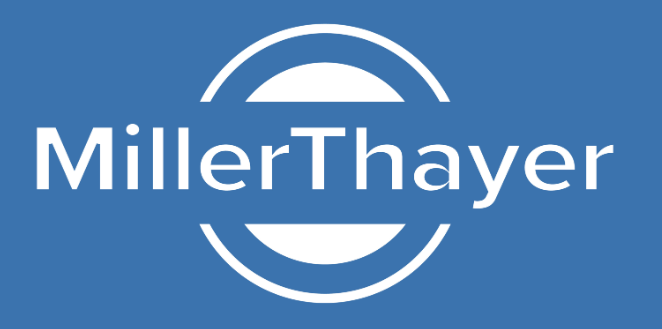Tax planning is the analysis of a financial situation or plan from a tax perspective. The purpose of tax planning is to ensure tax efficiency. Through tax planning, all elements of the financial plan work together in the most tax-efficient manner possible. Tax planning is an essential part of an individual investor’s financial plan. If successful, a tax plan will reduce your tax liability and maximize wealth.
Tax Planning
Quarterly Estimated Payments
If you own a business, earn money as a freelancer, have large capital gains, or other income that is not subject to withholdings, you’ll probably need to make estimated tax payments every quarter to avoid penalties and interest. Since most people are paid by salary, their employer withholds income tax. But for millions of taxpayers who are either self-employed or have substantial non-wage income, there is usually no automatic withholding method. For these taxpayers, it is necessary to pay quarterly estimated tax payments. Figuring out your quarterly tax payments is not always easy, but it is important.
The payments are due quarterly on the following dates:
We can help you figure out if you need to pay estimated taxes and how much you should pay each quarter. We can do this by forecasting your tax liability based on your estimated income, expenses, and withholdings for the year.
We can do this for the IRS and state. We can explain how to pay them, ways to reduce the liability (if possible), and what happens if you don’t pay them.
Forecasting
One of the best tools for tax planning is a tax forecast, sometimes called a tax projection. A forecast works great for answering all of those “what if” questions. For example: What happens if I buy a house? What happens if I get married? What happens if I sell these stocks?
A tax projection allows us to estimate your tax liability based on your estimated income, expenses, and withholdings for the year. We start by making a model with your year-to-date information and then forecast, or project, it forward to look at the whole year. We can also layer in different items to see how they affect the tax liability. This can be done for multiple years to plan the best time to dispose of securities, retire, sell a property, or exercise Incentive stock options.
Strategies that could apply to you:
Retirement
Saving via a retirement plan is a popular way to efficiently reduce taxes. Contributing money to a traditional IRA, 401k, or SEP IRA can reduce taxable income. Contributions to Roth IRA will grow tax-free into retirement.
Incentive Stock Options

Long Term Capital Gains & Loss Harvesting
Long-term capital gains are taxed based on the tax bracket in which the taxpayer falls. The rates can be:
These are very beneficial rates which you want to take advantage of. Planning when to hold and sell stocks can make sure you make the most of these special rates.
Tax Leakage
When investing in taxable assets, such as bonds with interest, an inevitable consequence is the annual taxation on interest or dividends, reducing the capital available for the subsequent year’s investments. Similarly, selling stocks with capital gains incurs taxes, diminishing the funds available for reinvestment. In contrast, opting for long-term investments or stocks without interest or dividends alleviates these concerns. It mitigates the compounding effect of the taxes paid, allowing for sustained and compounded growth of the invested amount over the years.”
